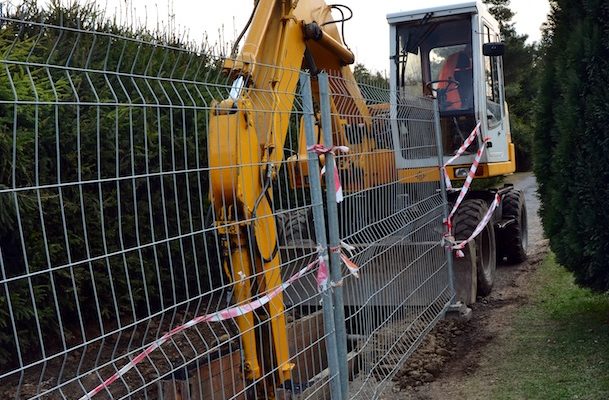It is estimated that nearly $700 million is not paid to about 350,000 mostly low-wage workers each year in Massachusetts.
By Bob Holmes (Patch Staff)
Updated Oct 6, 2017 2:12 pm ET
An Op-Ed Column from Senator Jason Lewis and Representative Paul Brodeur:
Earlier this year, at the start of the new legislative session, we were pleased to be appointed by the Senate President and House Speaker, respectively, to co-Chair the Joint Committee on Labor and Workforce Development. Together, we have since immersed ourselves in a wide range of labor and employment issues in the Commonwealth. We have held committee hearings on proposed legislation, met with many different stakeholders to hear their concerns and feedback, and conducted research on policies and best practices around the country.
One particular issue that may surprise many people is the serious problem of wage theft. Wage theft is a collective term for any denial of wages or benefits that are rightfully owed to an employee. The most common wage theft violations in Massachusetts are non-payment of wages, failure to keep true and accurate records, failure to pay the proper overtime rate, child labor violations, failure to pay minimum wage or tips, and failure to pay prevailing wage. Other violations include failure to submit accurate payroll records, earned sick time violations, and improper classification of employees as independent contractors.
Just how pervasive is wage theft? It is estimated that nearly $700 million is not paid to about 350,000 mostly low-wage workers each year in Massachusetts. In addition to the harm this inflicts on struggling working families, it also cheats the state out of greater economic activity, jobs, and tax revenue.
The Attorney General’s Office (AGO) is the state’s primary enforcer of laws relating to wages. Enforcement is carried out by attorneys and investigators in the AGO’s Fair Labor Division (FLD). In Fiscal Year 2017, the FLD received 16,684 calls and 5,604 complaints, and opened 607 cases related to wage theft. The FLD ordered employers to pay more than $6 million in restitution and more than $2.6 million in penalties. This is more than double the restitution ($2.6 million) and about triple the penalties ($900,000) from Fiscal Year 2016. The FLD also cited or settled 27 earned sick time cases, totaling $160,000 in restitution and penalties. And, the FLD issued 47 citations to 46 employers and assessed more than $270,000 in penalties for child labor law violations.









